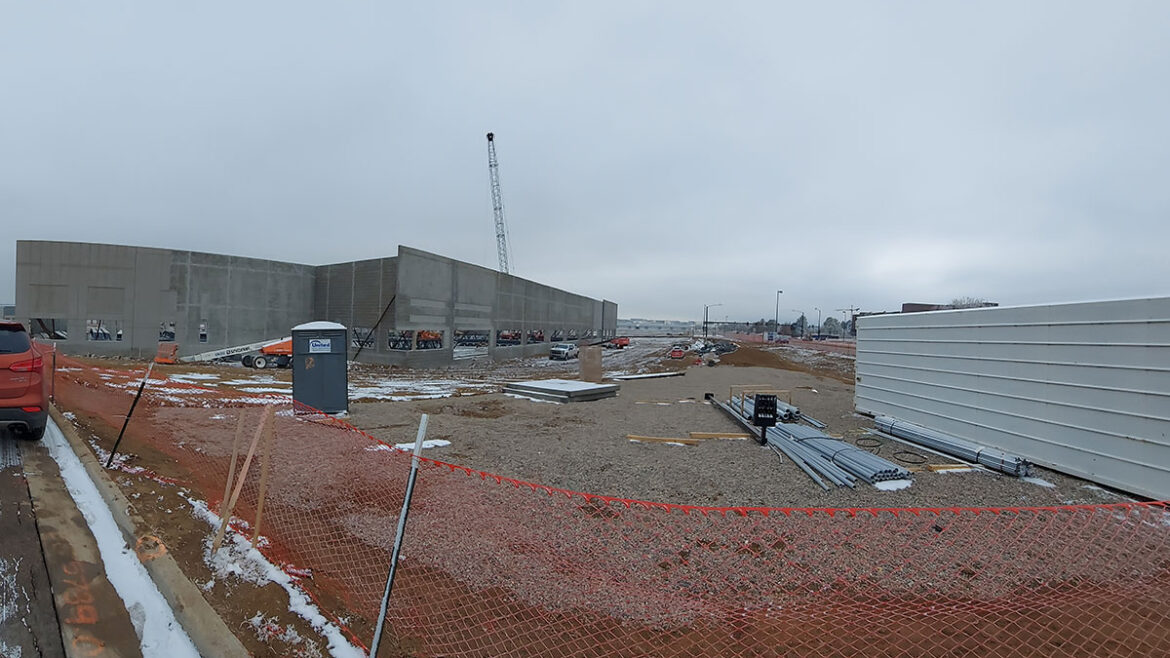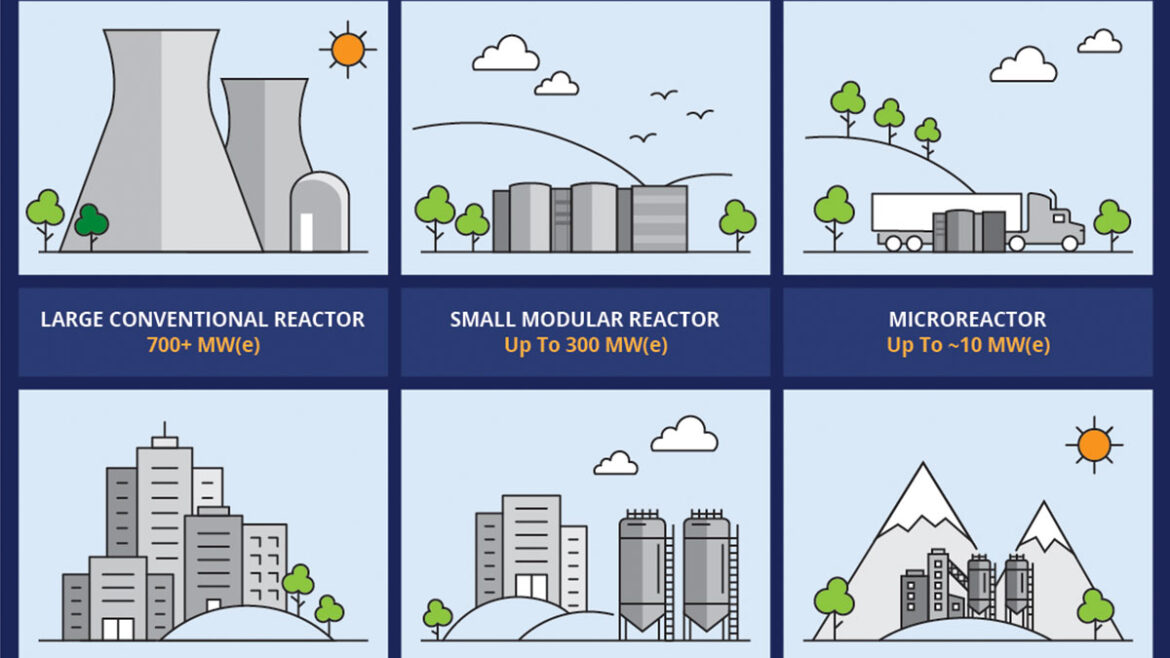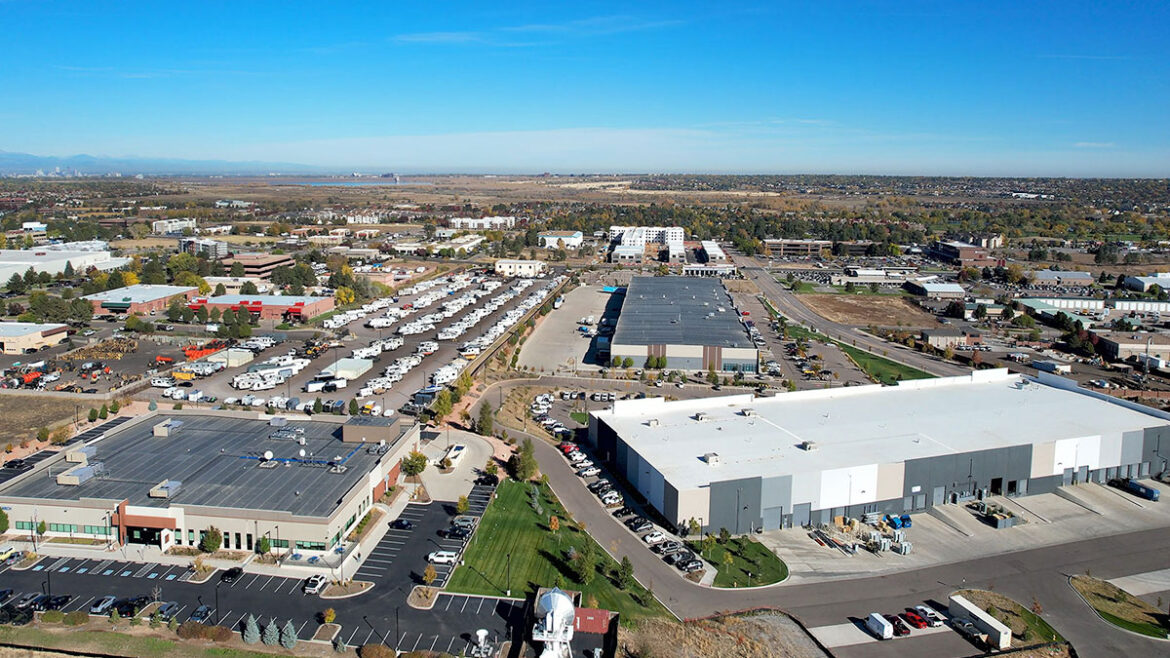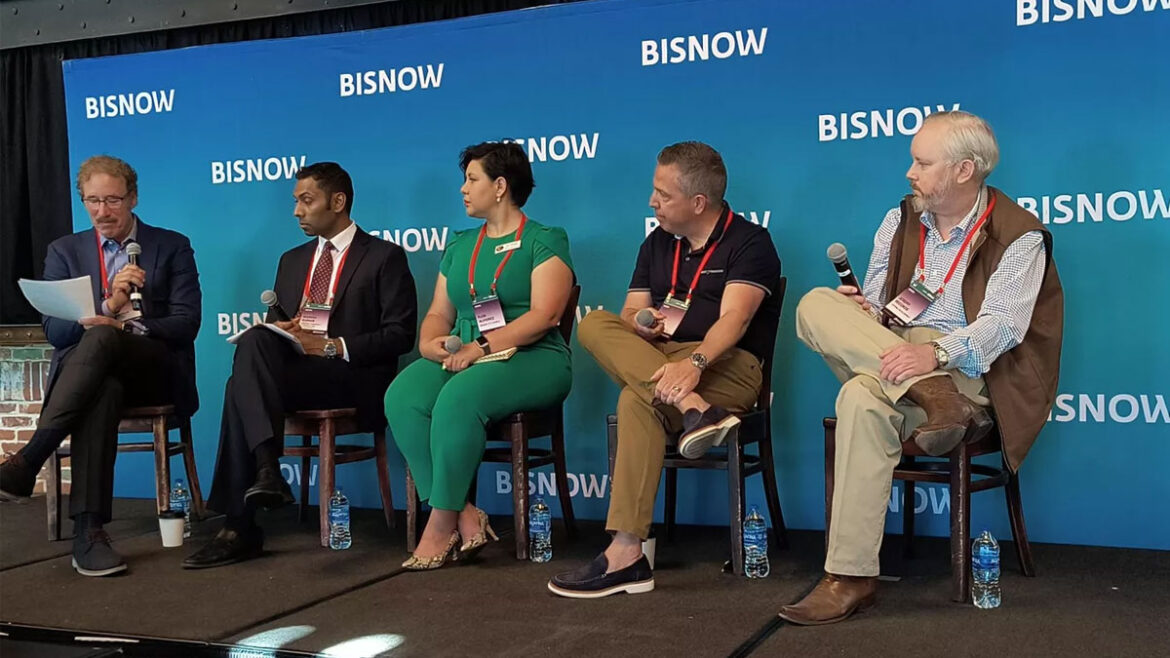Encompass Business Park Continues Impressive Momentum
Encompass Business Park Continues Impressive Momentum https://www.centraldevelopment.com/wp-content/uploads/Encompass-Business-Park-Continues-Impressive-Momentum-1024x597.jpg 1024 597 Central Development Properties https://www.centraldevelopment.com/wp-content/uploads/Encompass-Business-Park-Continues-Impressive-Momentum-1024x597.jpgIndustrial Park Offers New Tenants Flexibility & Space to Grow The momentum continues at Encompass Business Park (http://encompasspark.com/) in Centennial, Colorado. Central Development is excited to share the news that Encompass 53, the fifth of six planned buildings, is now fully tilted, with multiple tenants…
read more


